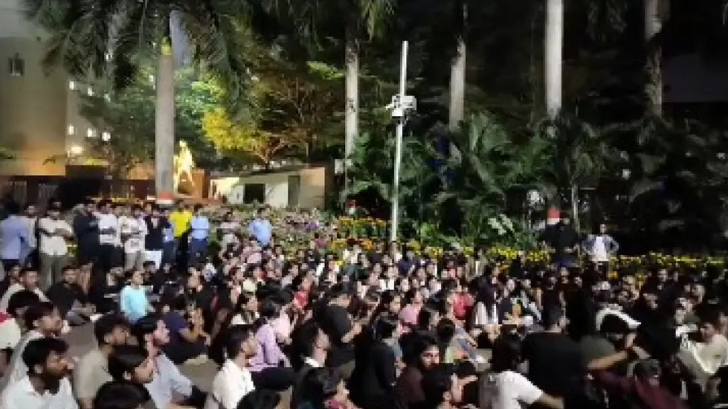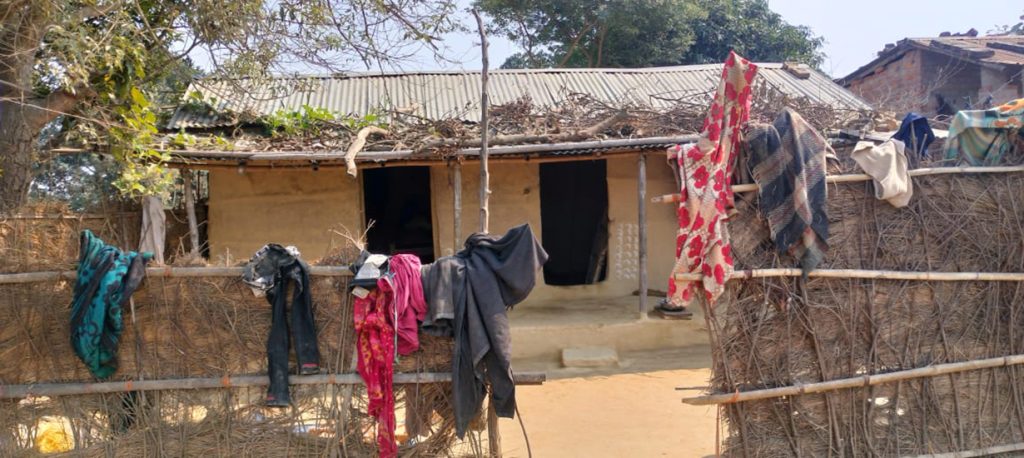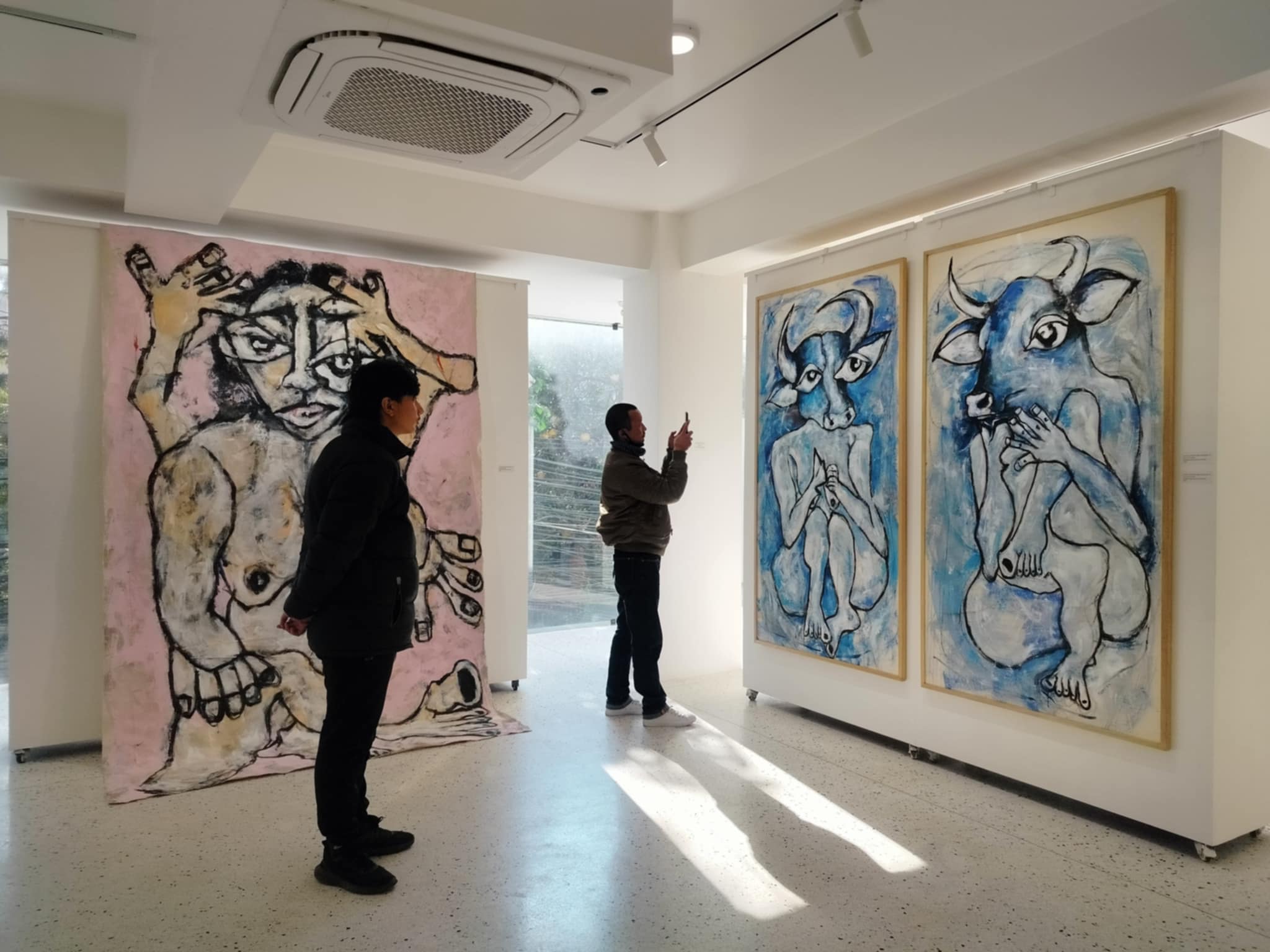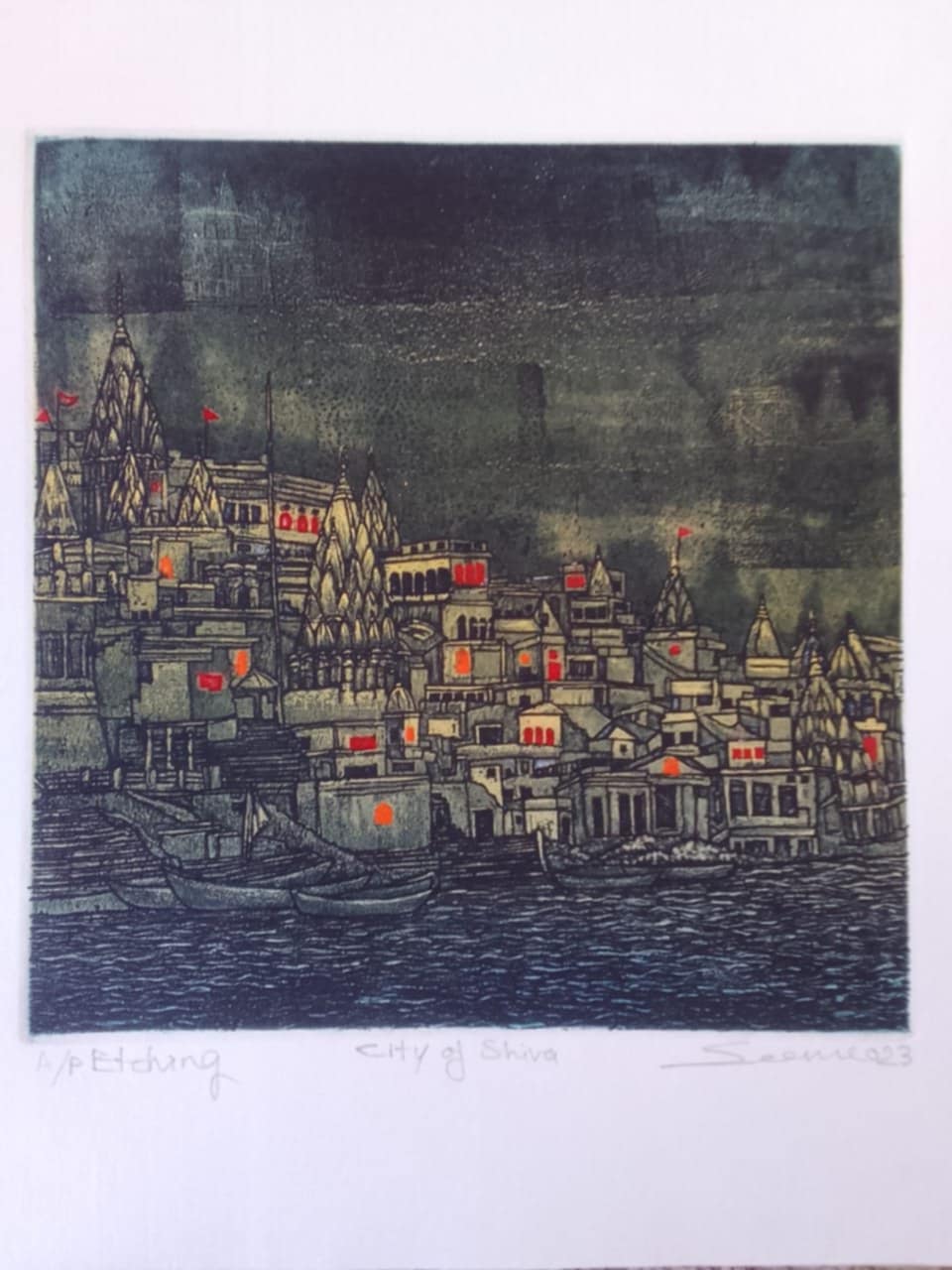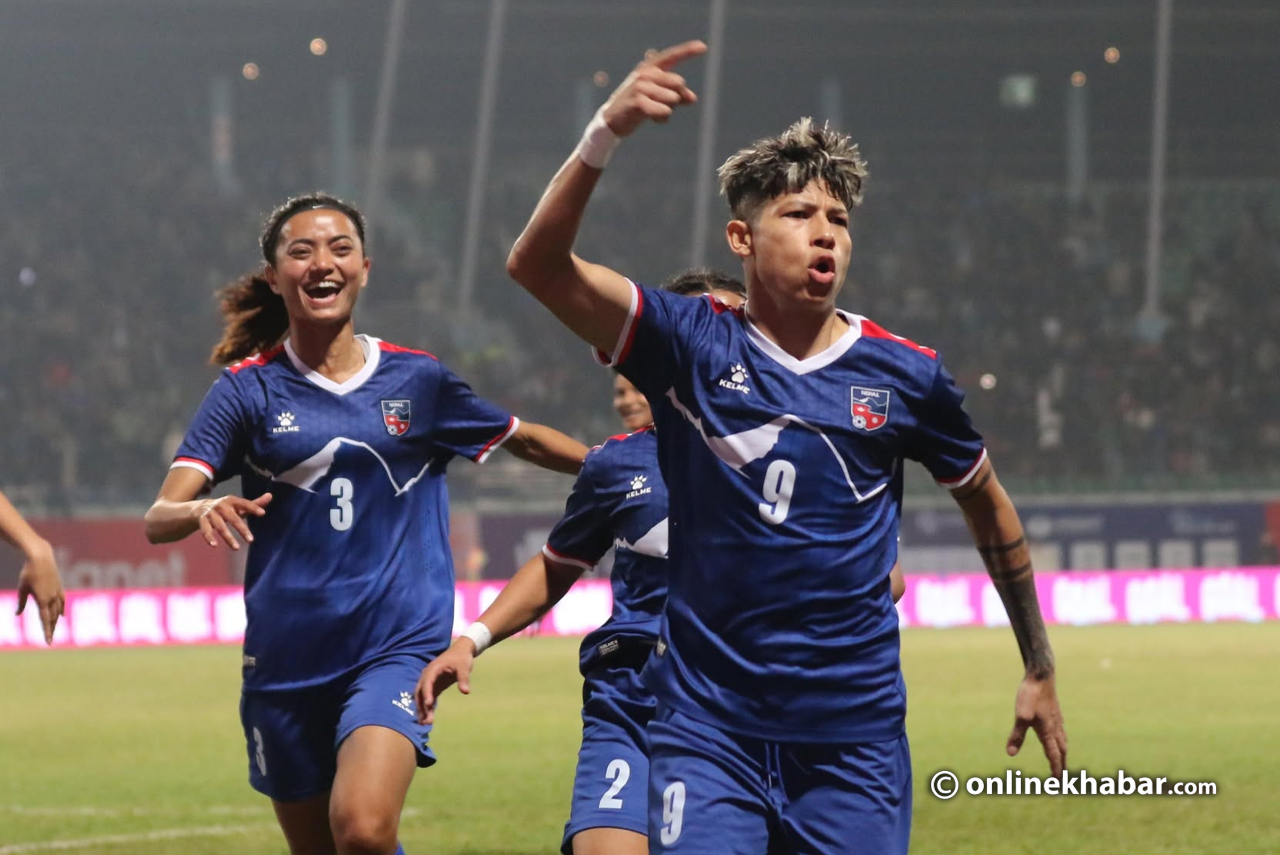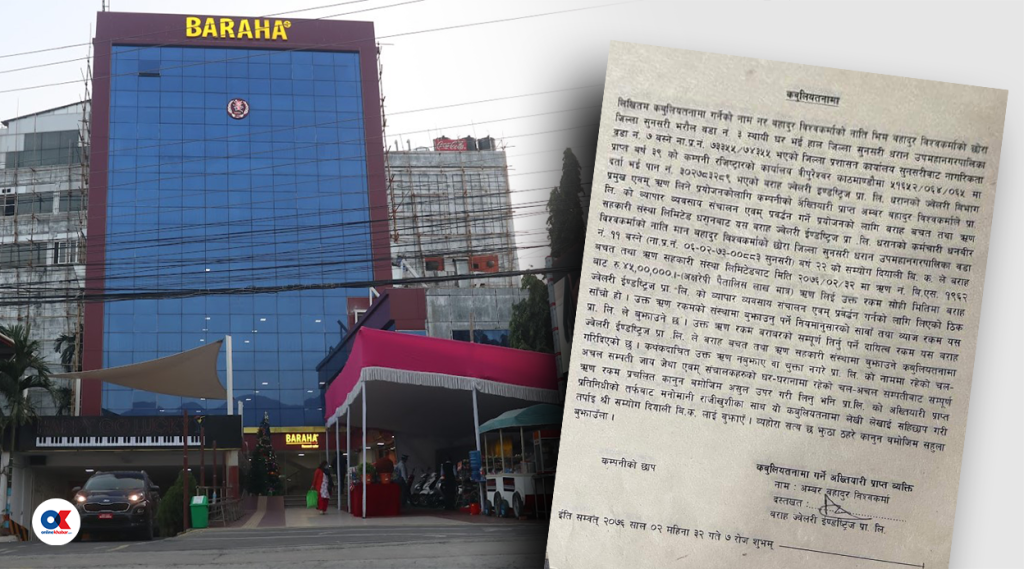
Kathmandu, January 8
The Chaudhary Group (CG), accused of privatising 10 ropanis of government land under the guise of a leather and footwear company, has relinquished its claim over the disputed land. CG Chandbagh Residency, a subsidiary of the group, recently withdrew two writ petitions it had filed with the Supreme Court.
The Supreme Court approved the withdrawal request on Tuesday. However, spokesperson Achyut Kuikel stated that the details of the petitions remain undisclosed. He commented, “We can ascertain the context only after reviewing the case details and the court order.” The government is allegedly preparing to let the Chaudhary Group off the hook in the Bansbari land case, repeating past practices where restitution of misappropriated assets led to legal immunity.
Legal withdrawal and implications
According to the Office of the Attorney General’s spokesperson, Suryaraj Dahal, the withdrawal of a petition typically occurs when claimants retract their demands or concede that they lack sufficient evidence to support their claims. “After a writ is withdrawn, the claimant cannot refile a case seeking the same demands under the principle of ‘res judicata,’” Dahal noted.
This development signifies that CG has abandoned its claim to the Bansbari land originally registered under the Bansbari Leather and Footwear Factory. With the petitions dismissed, the government is now poised to reclaim the land, currently housing Chandbagh School. However, humanitarian considerations might allow the school to continue operating for a limited period.
Background of the case
The government launched an investigation into the illegal privatisation of the Bansbari land, prompting CG Chandbagh Residency to file its first writ petition, contesting the decision. The Central Investigation Bureau (CIB) began its probe, leading to the land being re-nationalised. CG subsequently filed a second petition, claiming the land had been wrongfully re-registered as government property.
CIB had initiated its investigation in January last year and was required to conclude it within a year due to the statute of limitations for fraud cases. However, as political pressure mounted to drop the case, CG relinquished its claim over the land.
On Tuesday, the bench of Justices Manoj Kumar Sharma and Nripdhwaj Niraula issued an order allowing the withdrawal of CG’s petitions. This effectively terminated CG’s legal battle over the land.
Arrests and investigations
The CIB’s investigation revealed irregularities in the privatisation of the Bansbari land. In February last year, the bureau arrested businessperson Arun Chaudhary and Ajit Narayan Singh Thapa, the then-executive head of Bansbari Leather and Footwear Factory, among others. They were released on bail following a court order.
The government attorney’s office also recorded the statement of Binod Chaudhary, a prominent businessperson and Member of Parliament from the Nepali Congress.
Strategy to halt prosecution
Sources within the Office of the Attorney General claim CG’s decision to withdraw its petitions aims to exert additional pressure on investigators and prosecutors to drop the case entirely.
“There is a strong push to argue that pursuing the fraud case serves no purpose since the original objective has been achieved,” a source disclosed. “This pressure is likely to intensify following the withdrawal of the writ petitions.”
Despite ongoing investigations, no formal correspondence has been exchanged between the CIB and the Attorney General’s Office. However, CIB is reportedly preparing to recommend against prosecution if the petitions are officially dismissed.
If the investigation establishes fraud or forgery in the registration of government land under a private company, charges could still be filed. Additionally, the Commission for the Investigation of Abuse of Authority (CIAA) is examining allegations of corruption related to the case.
Unlike CIB, the CIAA is not constrained by a statute of limitations for filing corruption cases. However, its investigation, initiated last year, remains incomplete.
From leather factory to school

The Bansbari Leather and Footwear Factory had entered into a 1986 agreement to establish Champion Footwear Limited as a private company. In exchange for providing land, the factory retained a 25 per cent stake in the company.
The remaining shares were held by Lunkaran Das Chaudhary, Binod Kumar Chaudhary, Basanta Kumar Chaudhary, Arun Kumar Chaudhary, Mahesh Kumar Agrawal, and Gangadevi Chaudhary.
In 1988, 10 ropanis of land were transferred to Champion Footwear under dubious circumstances. While the decision required government approval, the land transfer proceeded without obtaining it, based on a promise to present the decision later.
According to CIB’s preliminary report, records at the Dillibazar Land Revenue Office were altered to omit the word “acquisition” from the registration.
Over time, CG consolidated its control over the land through a three-phase strategy:
- Severing ties with Bansbari Leather Factory:
CG initially acquired the factory’s 25 per cent stake in Champion Footwear. By 1995, Arun Kumar Chaudhary had transferred the shares to his name, eliminating the factory’s ownership. - Converting to a private company:
In 1997, CG restructured Champion Footwear as a private limited company, citing the inconvenience of dealing with numerous small shareholders. - Land ownership updates:
In 2009, CG updated the ownership records of the Bansbari land in its favour. Despite an official note marking the land as government property, a subsequent letter from the Survey Department falsely claimed the land was unencumbered, facilitating its transfer to Champion Footwear.
Finally, in 2021, the land was re-registered under CG Chandbagh Residency. The group currently operates Chandbagh School on the premises.
Concerns over legal maneuvers
Legal experts warn that the recent developments might pave the way for a controversial decision not to prosecute individuals involved in the illegal privatisation of the Bansbari land.
While the Attorney General’s Office must approve such a decision, it would be subject to judicial review by the Supreme Court. Critics argue that this could undermine accountability in cases involving government property.
The Bansbari case serves as a test of the government’s commitment to addressing corruption and recovering misappropriated public assets.








